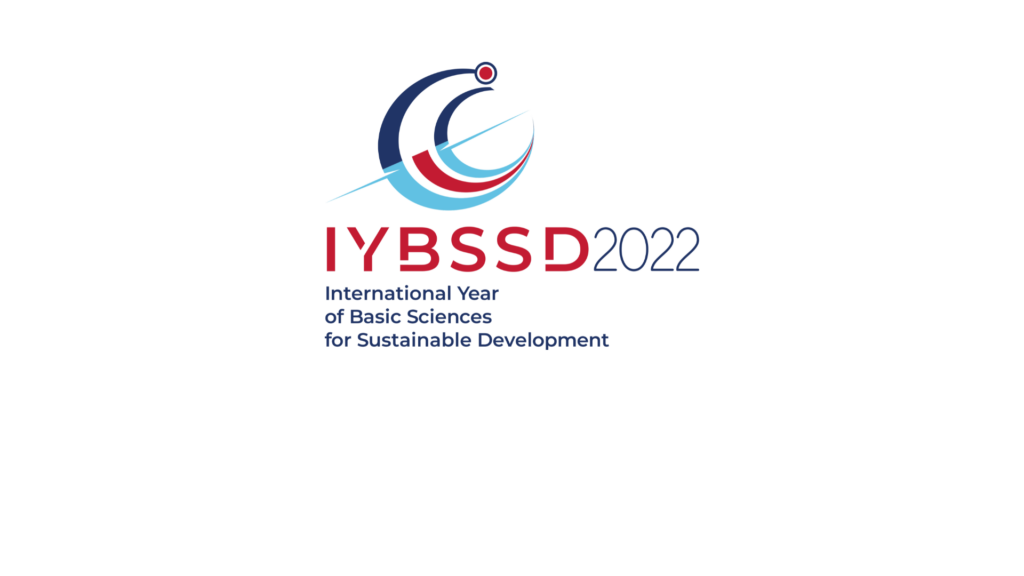| XVII Baltic Conference on Intellectual Cooperation
MATHEMATICS FOR SOCIETY |
| 13.00–13.30 | Opening speeches
Professor Aadu Must, Chairman of the Cultural Affairs Committee of Estonian Parliament (Riigikogu)
Jūras Banys, President of the Lithuanian Academy of Sciences
Edwin Kreuzer, President of the Hamburg Academy of Sciences and Humanities
Anna Mauranen, President of the Finnish Academy of Science and Letters, language expert
Ojārs Spārītis, Vice-President of the Latvian Academy of Sciences
Tarmo Soomere, President of the Estonian Academy of Sciences |
| 13.30–15.00 | Session 1: Mathematics for Policy |
| Chair Professor Krista Fischer, University of Tartu, Institute of Genomics
Member of the Estonian Academy of Sciences |
13.30–13.50
| Producing and Using Model-Assisted Policy Advice
Professor Ahti Salo, Aalto University School of Science, Systems Analysis Laboratory
Member of the Finnish Academy of Science and Letters |
| 13.50–14.10 | Advanced Maths for the Policy Decisions: The Case of the Shadow Economy Research
Professor Arnis Sauka, Centre for Sustainable Business at the Stockholm School of Economics in Riga
Corresponding Member of the Latvian Academy of Sciences |
| 14.10–14.30 | Social Physics: Data-Driven Analysis and Computational Modelling of Human Social Connectome
Professor Kimmo Kaski, Aalto University School of Science, Department of Computer Science
Vice President of the Finnish Academy of Science and Letters |
| 14.30–14.50 | The Influence of COVID-19 on Mobility: An Analysis of Mobile Positioning Data from Estonia
Associate Professor in Human Geography Anto Aasa, University of Tartu, Department of Geography |
| 14.50–15.10 | Coffee break |
| 15.10–17.00 | Session 2: Mathematics and COVID-19 |
| Chair: Professor Tarmo Soomere, Tallinn University of Technology, School of Science, Department of Cybernetics
President of the Estonian Academy of Sciences |
| 15.10–15.30 | Data Analytic Approaches to Support the Management of COVID-19 in Estonia
Professor Krista Fischer, University of Tartu, Institute of Genomics
Member of the Estonian Academy of Sciences |
| 15:30–15:50 | Dynamic Modelling of the Evolution of SARS-CoV-2 Epidemic in Lithuania
Professor Olga Štikonienė, Vilnius University, Institute of Applied Mathematics |
| 15.50–16.10 | The Increase of Scientific Activity in Artificial Intelligence during the Pandemic
Professor Guntis Bārzdiņš, University of Latvia, Artificial Intelligence Laboratory
Corresponding Member of the Latvian Academy of Sciences |
| 16.10–16.30 | Functional Pathways Analysis for COVID-19 Modelling: The Case of Lithuania
Professor Audronė Jakaitienė, Vilnius University, Faculty of Medicine |
| 16.30–16.50 | What Can/Should We Learn from the COVID-19 Pandemic?
Professor Reiner Lauterbach, University of Hamburg, Department of Mathematics
Member of the Academy of Sciences and Humanities in Hamburg |
| 16.50–17.00 | Announcement of the Laureates of the Medals of the Baltic Academies of Sciences.
Summary of the day. |
| 17.00–18.00 | Refreshments and Tour of the Academy Building by the Vice-President of the Academy Prof. Mart Kalm |
| 18.00–20.00 | Conference dinner |
